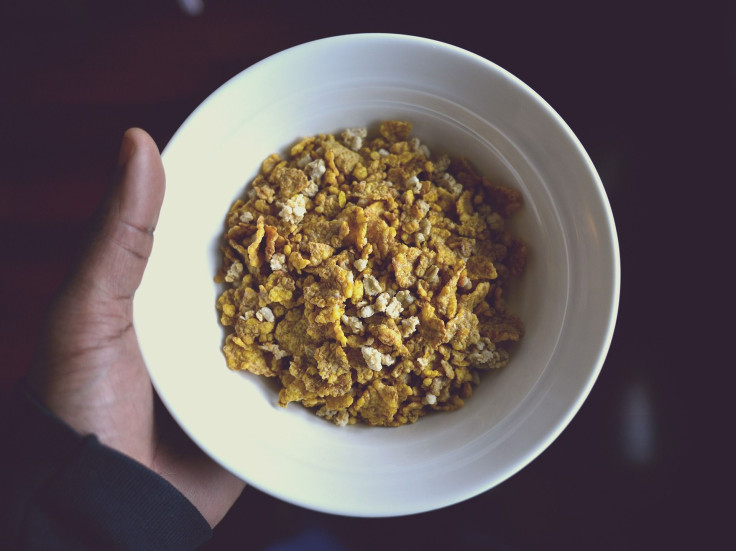New Nutrient-Packed Super Oats Lower Cholesterol, Part Of USDA Healthy Heart Diet Plan

A bowl of oatmeal in the morning not only keeps you fuller longer, but also helps keep your heart healthier. Thanks to a $150,000 grant from the U.S. Department of Agriculture, a team of researchers from Dakota State University and scientists from New York and Canada are developing a way to pack more nutrients into oats and produce more than ever before. By manipulating the DNA of oats, researchers hope to produce a highly efficient crop that’s both less expensive and more nutritious.
The team will focus on the beta-glucan content of individual seeds, which is what makes oats highly soluble. Ultimately, it’s the part of the plant that helps decrease blood cholesterol levels and gives oatmeal its heart-healthy reputation. Despite the health potential it has for the average American consumer, less than 5 percent of the oats produced in the U.S. is used as food. The new two-year project seeks to change that.
"By segregating those seeds with higher beta-glucan content, we can remove those least likely to perform well at an earlier stage," said the study’s lead research Melanie Caffe-Treml, an oats breeder from Dakota State University, in a statement. "That allows us to focus more on evaluating those with the highest chance of performing well."
Creating an oat variety that could yield a high percentage of kernels would also lower the price of oats while increasing production. Caffe-Treml explained: "This is a fine crop to work with because it can be used either as a healthy food ingredient or livestock feed. We are developing genomic selection models."
The more oats in American homes, the better the chance people will eat it. Previous research has found eating 1.5 cups of oatmeal each day can lower cholesterol by 5 to 8 percent. The number one killer for both men and women is heart disease, and having a healthy cholesterol level can help lower the risk across the nation. Knowing this, the USDA hopes to direct consumers away from their highly-processed diets and towards oats to lower their cholesterol.
Oatmeal has more benefits than just heart health. Read more about why you should add the high-fiber food source to your diet.
Published by Medicaldaily.com



























